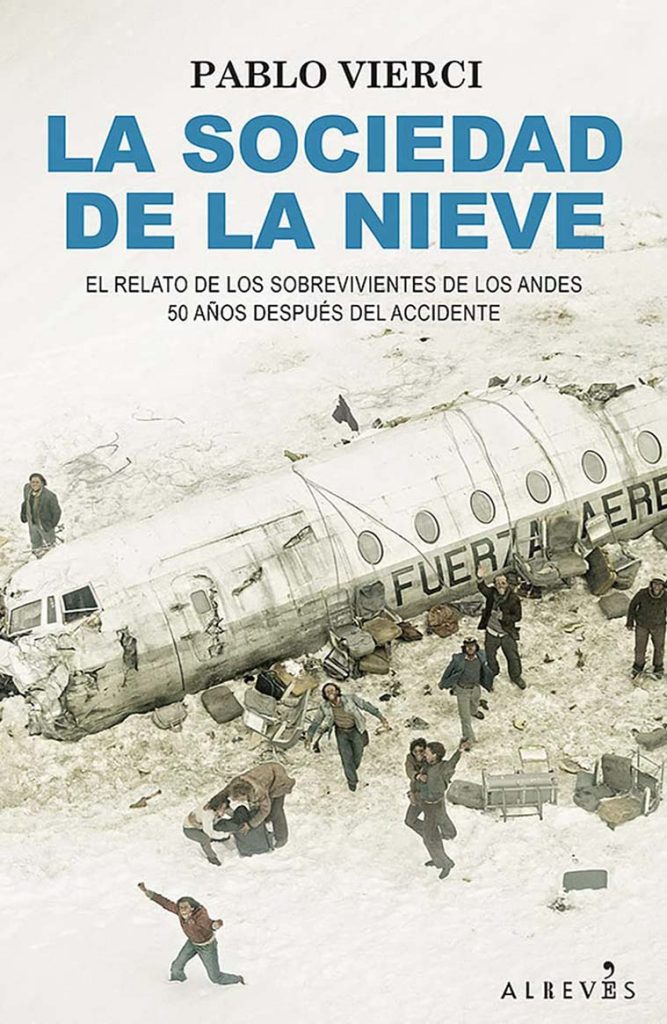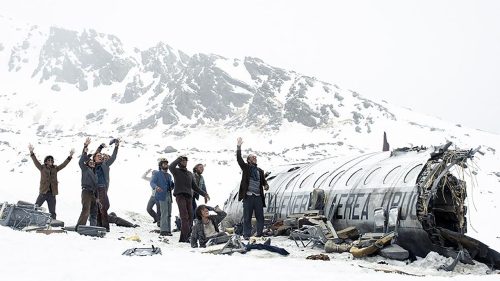

On October 13, 1972, flight 571 of the Uruguayan Air Force crashed on the Andes as it was carrying a football team to Santiago, Chile. Only 16 of the 45 passengers survive, only to find themselves
On October 13, 1972, a Uruguayan Fokker crashed on an inaccessible site on the Andes, called Valley of Tears since. On October 21, rescue efforts were halted, and only on December 23, after a long march through snow-covered mountains on part of two of the survivors, were they resumed. Out of 45 passengers, including a whole football team, only 16 survived – cold, avalanche, hunger, and thirst.
When the incident happened, the story didn’t stand out in Italian press. As far as Latin America was concerned, most of it focused on the difficulties of the Allende administration. Also, on October 15, a Russian airplane blew up, killing 172. The Andes incident became a case only when survivors revealed they resorted to eat the bodies of the dead passengers, causing a debate on whether this could be considered acceptable.
Author and journalist Pablo Vierci was friends with many of the survivors. He recorded their statements and collected them in a book: Society of the Snow. There’s more than one layer to the story: there’s the facts, and there’s the lives of the protagonists from the days before the departure to their return to their family and ‘conventional society’, in the words of survivor Roberto Canessa. At the time a medicine student, Canessa later became paediatric cardiologist at the Italian Hospital of Uruguay.
In Vierci’s book, the reader will find personal reflections the survivors elaborated over the years. Coche Inciarte, the first to confess the anthropophagy, became a public speaker. Pedro Algorta kept the facts secret, tormented by doubt.
Canessa, years later, resorted to a lucid consideration: “Up in the Andes, I realized that the societies that function are those where each member does their best. We were all part of an organism that proved very generous, for among our priorities, other than escape, there was taking care of the injured, of those who suffered the most. In that moment, I found out that […] an extreme situation, so tough, so humbling, allows human beings to give their best, and not their worst.”